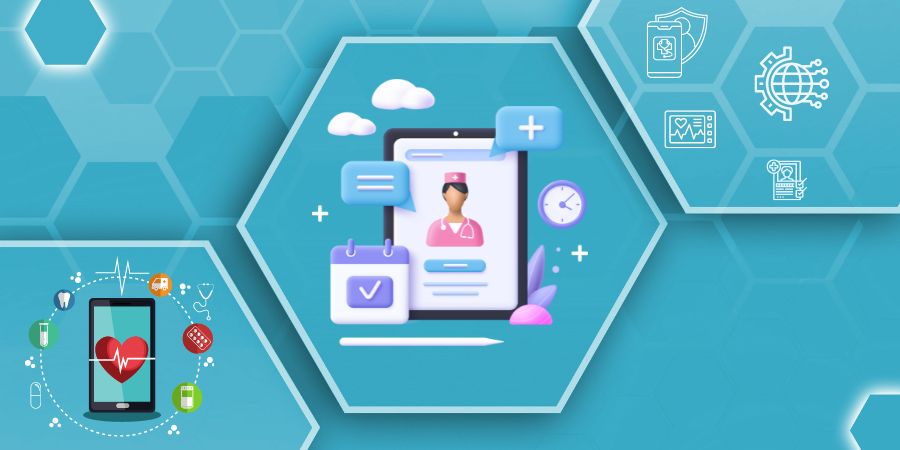
With the era of digitalisation, healthcare is also reshaping itself. The term “Digital Health” refers to the technologies used to treat patients and share the patient’s recovery reports via mobile applications, artificial intelligence, and big data. It has enabled connections and reduced communication distances between patients, doctors, and operators. The healthcare sector has increased the ability to diagnose and treat patients with new and improved technologies. It uses connectivity, software, computing platforms, and sensors to achieve and maintain enormous data in health care and health marketing. Collecting patient information from various sources like institutional bodies, hospitals, and monitoring became convenient.
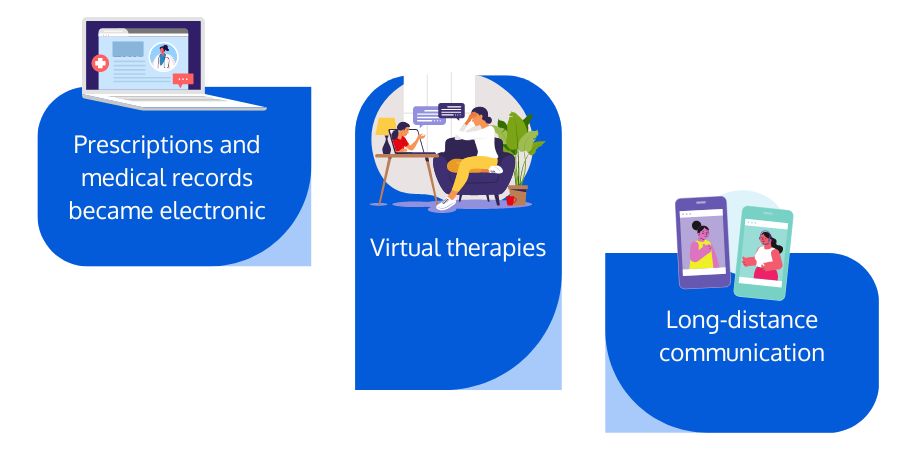
Impact of Digital Transformation on Healthcare:
- Prescriptions and Medical Records Became Electronic: It promotes the “Go Green” campaign by saving paper, reducing the discomfort of carrying too many reports and prescriptions while visiting the doctor, and keeping them safe.
- Virtual Therapies: A patient can discuss with the therapist through smartphones, saving travel expenses and valuable time.
- Long-distance Communication: A doctor in a different place can operate on a patient through voice interfaces or video conferencing in case of urgency.
There is no doubt that with the passage of time, healthcare has become advanced in its services, providing vast benefits to healthcare providers, patients, researchers, mobile app developers, and software companies. Now, as access to data related to patients is more easily approachable, digital tools offer a holistic approach to the patient's health.
Benefits of Digital Transformation in Healthcare:
On the one hand, new technologies have immense benefits for patients; on the other hand, providers and other stakeholders can also use digital health technologies to expand their businesses. Let's have a look at how all are extracting benefits from this:
- It dispenses a variety of new options to prevent and detect the early stage of life-threatening diseases and helps manage chronic conditions.
- It helps to keep an eye on the activities that enhance the quality and wellness of life.
- It reduces the cost, provides easier access to health information, and enhances the quality of care services for the providers and stakeholders.
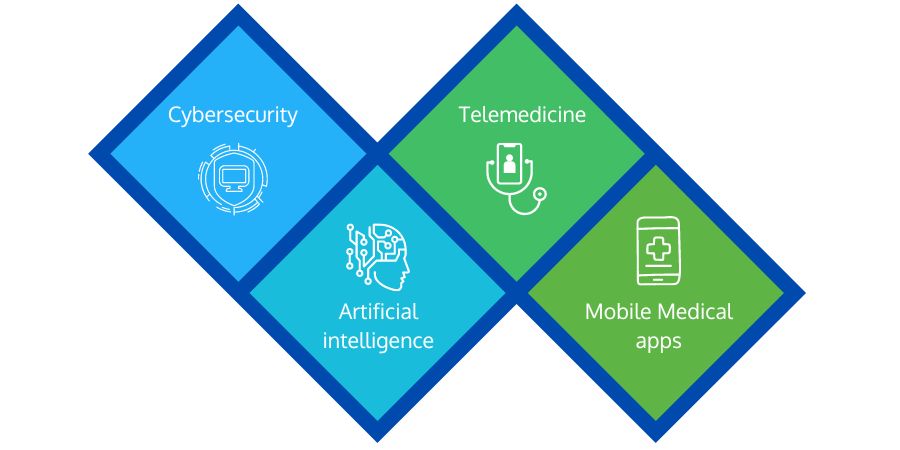
Applications of Digital Technologies to Healthcare
There is a tremendous benefit of digital transformation in the healthcare sector, and no business involved in any healthcare-related capacity can afford to ignore them. Companies must simultaneously eliminate antiquated business practices and promote a change in team members' mindsets toward being more flexible if they want to stay ahead of the curve. Here is a quick summary of the essential digital applications in the medical and healthcare sectors.
1. Cybersecurity:
A growing number of healthcare devices are linked to hospital networks, the internet, and other medical equipment. The risks associated with cyberspace expand as connectivity and involvement rise. Because of the potential for breaches and violations, both medical equipment and other computer systems are at risk.
Healthcare cybersecurity entails preventing data leakage, exploitation, and revelation of computerised assets and information. Protecting information's portability, authenticity, and consistency are the main objectives of cybersecurity. Due to the complexity of the health sector, it is exceedingly challenging to eradicate risks to patients and medical records. Implementing accurate alternatives to control and reduce hazardous situations involves cooperation between suppliers, hospitals, and facilitators.
2. Artificial Intelligence
Medical device makers are using artificial intelligence technologies to enhance their software. Tools embracing these technologies can revolutionise healthcare because they can draw legitimately valuable and significant ideas from the vast amounts of data produced every day while the delivery of services in healthcare.
3. Telemedicine
Electronic information and telecommunication are referred to as telemedicine to promote and support long-distance clinical health care, professional education, patient health, and the health system. Additionally, these technologies contain wireless communications, video conferencing, and media streaming.
4. Mobile Medical Apps
The software technologies adopted by healthcare are opening new avenues that promote health and healthcare delivery. Smartphones and tablets support medical apps, also referred to as Mobile Medical Apps, which are the applications that help medical professionals or patients monitor any illness along with its diagnosis and treatment. Various types of categories that have been developed for the healthcare industry are:
- Accessory of a medical device that helps diagnose a problem, say blood pressure or the apps that digitally display the medical values.
- Apps help calculate the amount or the concentration of the dose to be taken.
- Various software has been developed for diagnosis, analysing, and processing radiology images.
- Many apps are available that continuously help patients take their prescribed medicines on time through reminders.
- Many apps also help in tracking the routine activities of the patients so that they can check their progress.
- Other than these, apps allow patients to interact with their physicians, access clinical information and furnish disease-specific details.
Digital Transformation in the healthcare sector delivers a better patient experience by redesigning the processes from the patient’s point of view through digitisation. The ultimate goal of adopting new technologies is to develop effective communication that helps the patient connect to the physician from any place and dispense satisfying experiences throughout their health care journey.



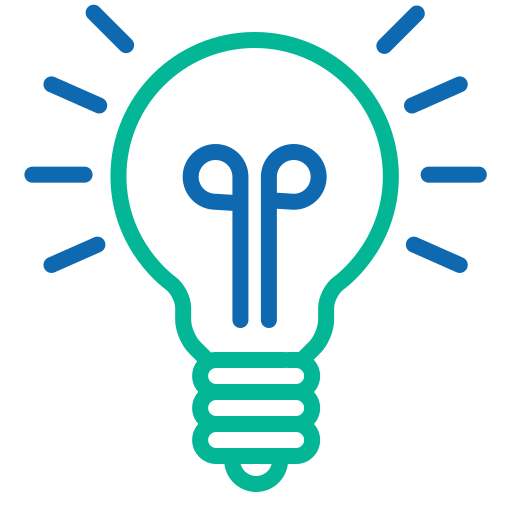
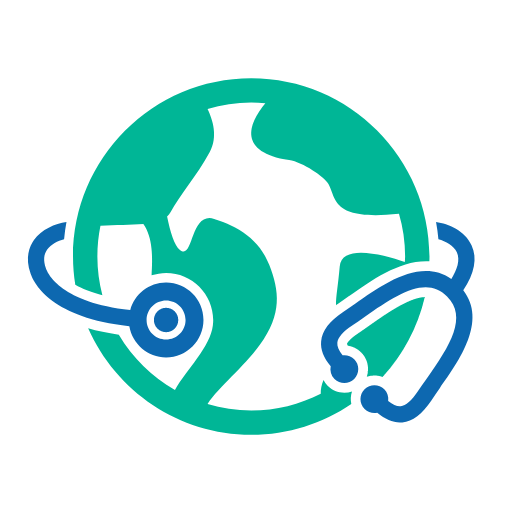



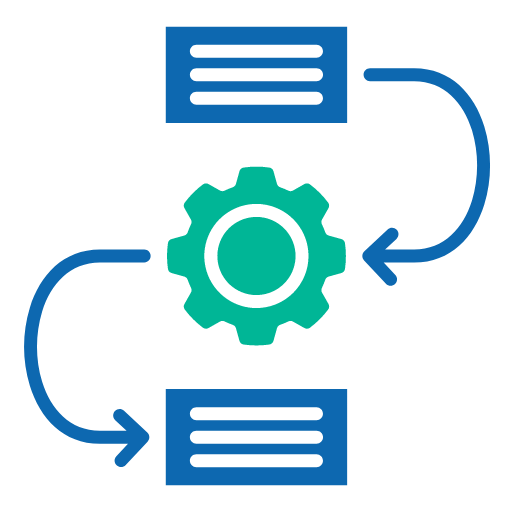


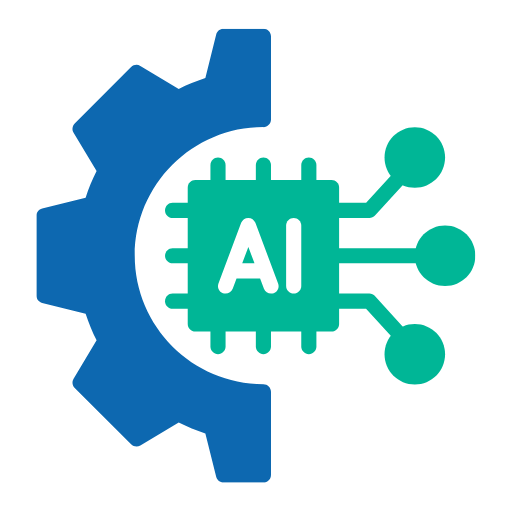


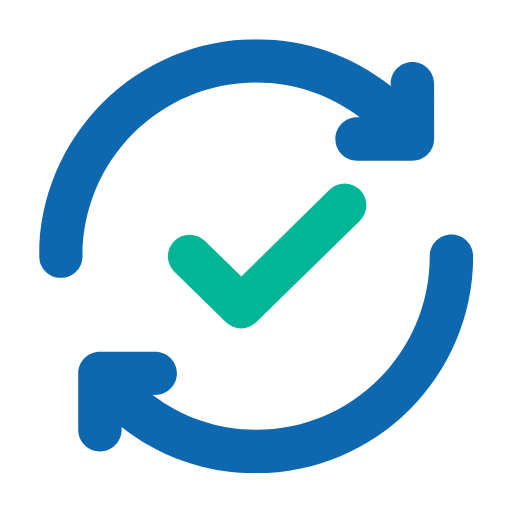
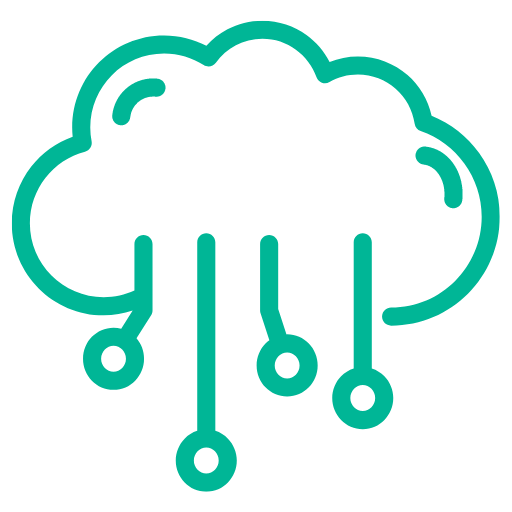



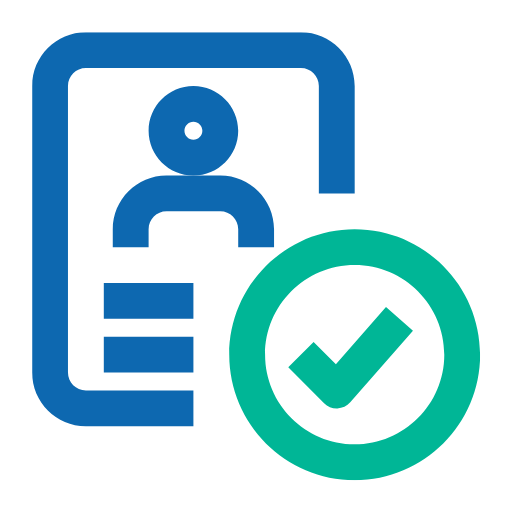


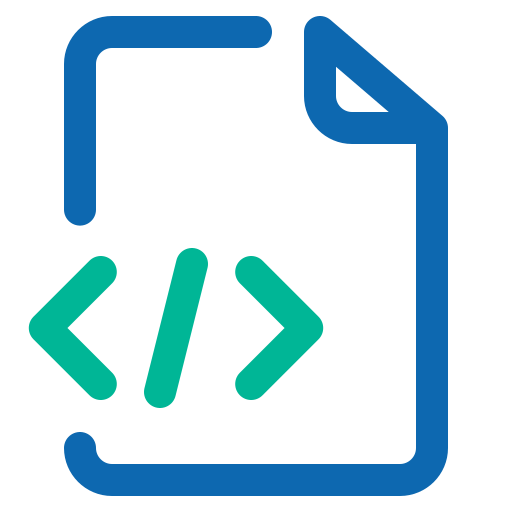
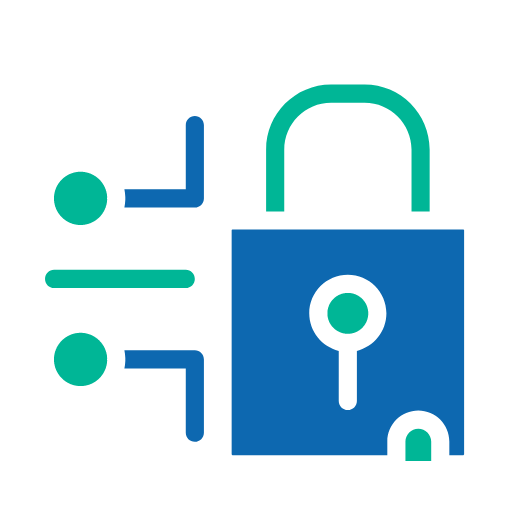

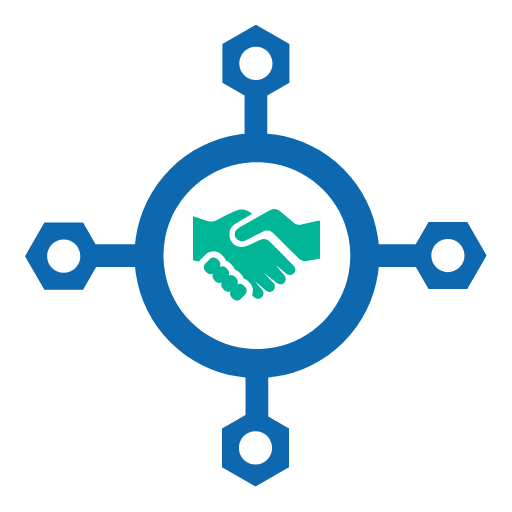

 Batoi Corporate Office
Batoi Corporate Office